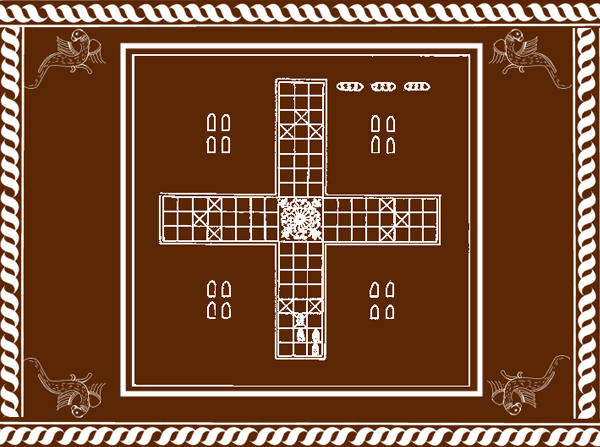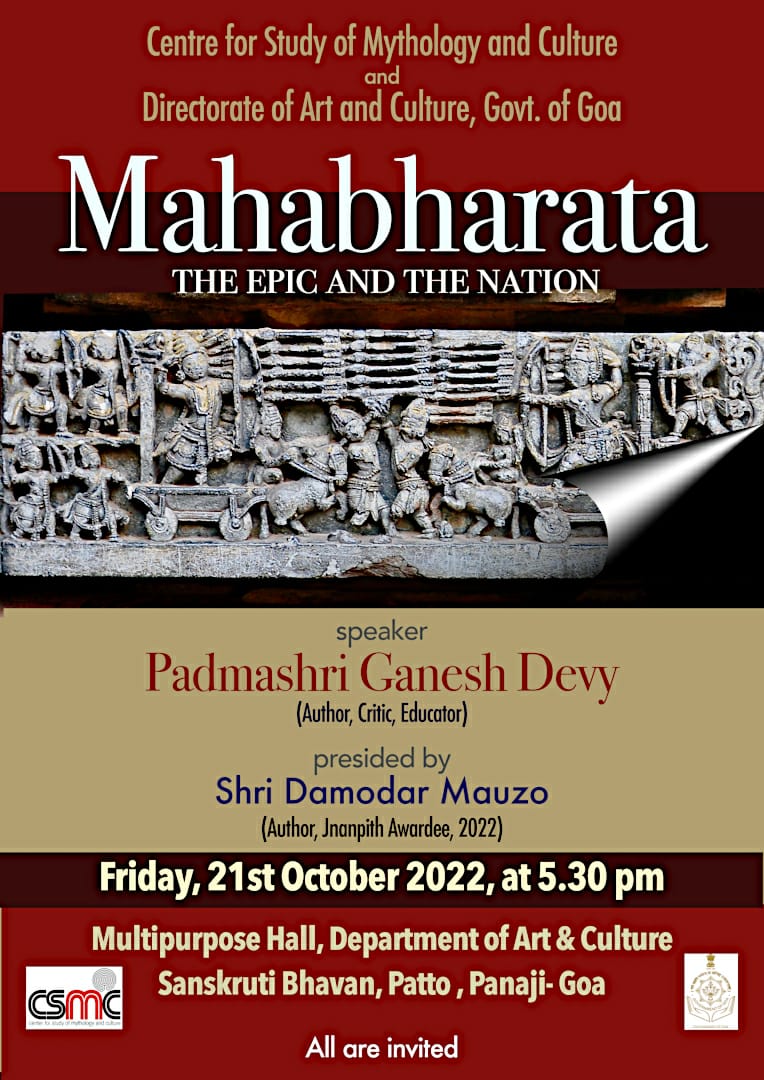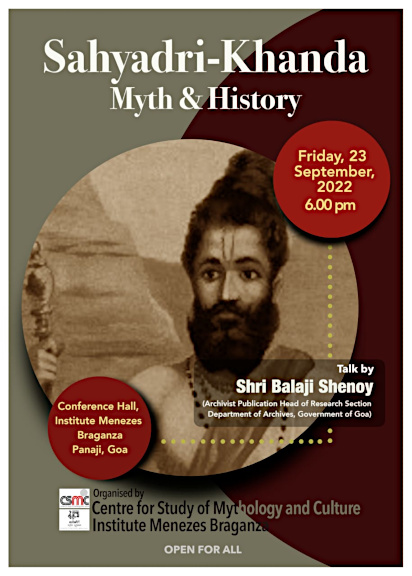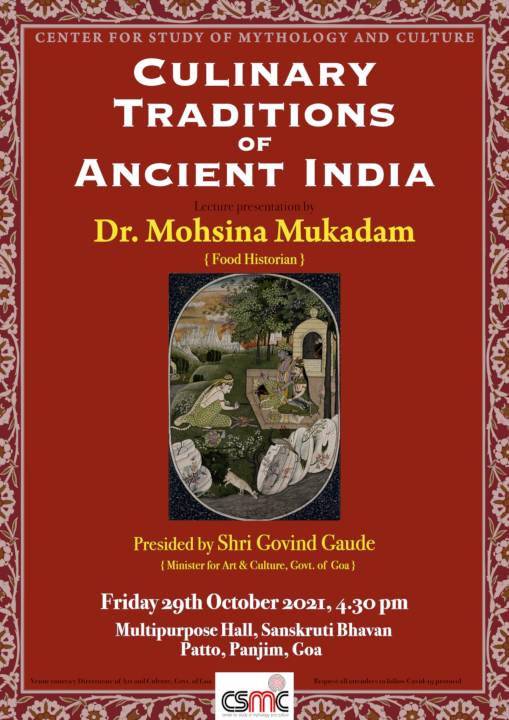
If you are lucky on the eve of Diwali, then you may be a winner all the way through the New Year!
That’s the belief which prompts people of India to gamble the whole night long before they usher in Hindu new year during Diwali festival. Traditionally gambling is prohibited in Hindu religious doctrines except on the night before Diwali.
Interestingly, chaupar the game of dice as it was called in ancient India was a very popular form of gambling. It gets its mention in Rig Veda as well as in Atharveda. Rigveda records the story of sage Kavasa Ailusa, who was a great sage but a diehard gambler and eventually lost everything in his life to the game of dice.
A chaupar ‘board’* is traditionally an embroidered cloth in the shape of a cross. Each arm of the cross is divided into three columns and each column is divided into eight squares. The ‘dice ‘are seven cowry shells or oblong wooden dice known as pasa, pasak, parsa .
There are archeological finds that reveal that chaupar was played in Mohenjo-daro and Harappa during 2500 BCE. The same dice game was also used for divination purposes and the text written in 4 C. AD. called ‘Pasak Kevali’ is a manual dedicated to reading the signs of dice throws for the purpose of divination. In the epic Mahabharata, the game of dice, plays a central role in the plot, suggesting that this game of dice was much more than a common game played solely for the sake of entertainment.
According to Padma Purana, the dice game forms the essential part of Diwali celebrations and should be ritually played on the dark night of the 14th day of Ashwina. It is believed, Lord Shankara himself introduced the game of dice to the people at large.
There is a tale that states that on this day Shankara invited Bhavani ( Parvati) to play a game of dice. Bhavani was scared that she would lose the game as she was no match to Shiva’s prowess at playing the game of dice. She propitiated Goddess Lakshmi to aid her and Lakshmi agreed. She took the form of a cow and sat quietly beside Bhavani. Shankara kept losing game after game. In no time Shankara lost everything and was stripped naked to roam the world. The goddesses laughed to their heart’s content as they had beaten Shiva at his own game.
Authors David Shulman and Don Handelman, in the book ‘God Inside Out: Siva’s Game of Dice’ state that Shiva playing dice is a metaphoric construct referring to the making of the universe. The constantly shifting configurations, destruction, and recreation of the cosmos are all a continual process. According to Shulman, Shiva’s losing the game is essential to cosmic creation. “If Shiva does not play, there would be no universe.”- Shulman quips. Playing the game of dice during the eve of Diwali or new year is a metaphoric presentation of the beginning of a new universe.
The belief is that on the night before Diwali, one should keep awake through the night by playing music, reciting Puranas, make merry and play a game of dice. If you are lucky, Goddesses Lakshmi may come and stand beside you to bring you good fortune all through the coming year. Try your luck !!
————–
*This game is usually played while players taunt each other, and it is quite common for players to mock each other’s play just before the cawaris or dice are thrown, or to attempt to distract their opponent by snorting, cracking knuckles, or making absurd noises to spoil the opponent’s turn.
Story collected by: Vidya Kamat
Text source: Encyclopaedia of Puranic Beliefs and Practices Vol-II, by Sadashiv Dange
Location: Pan India
Image copyright: Vidya Kamat












Leave a Comment